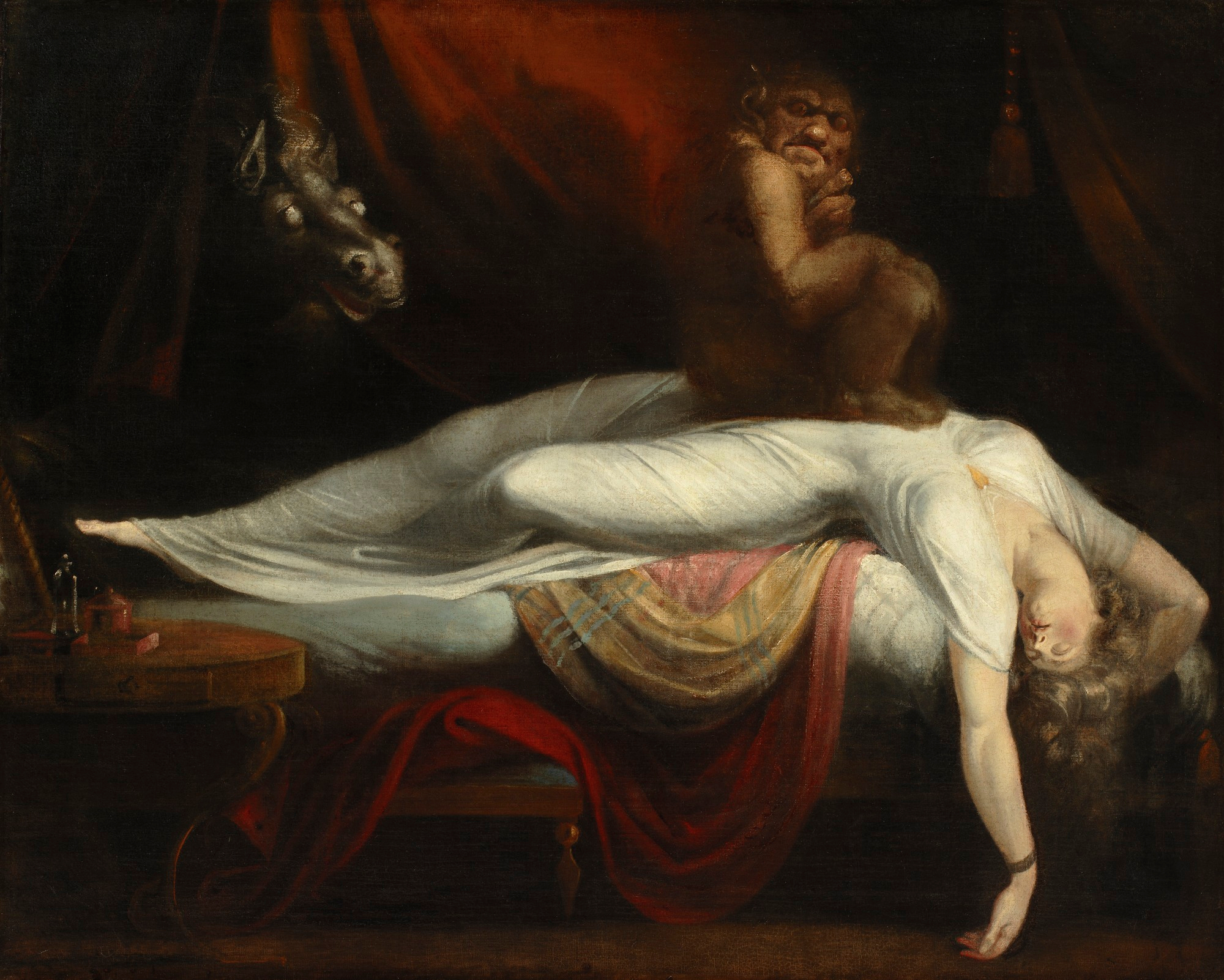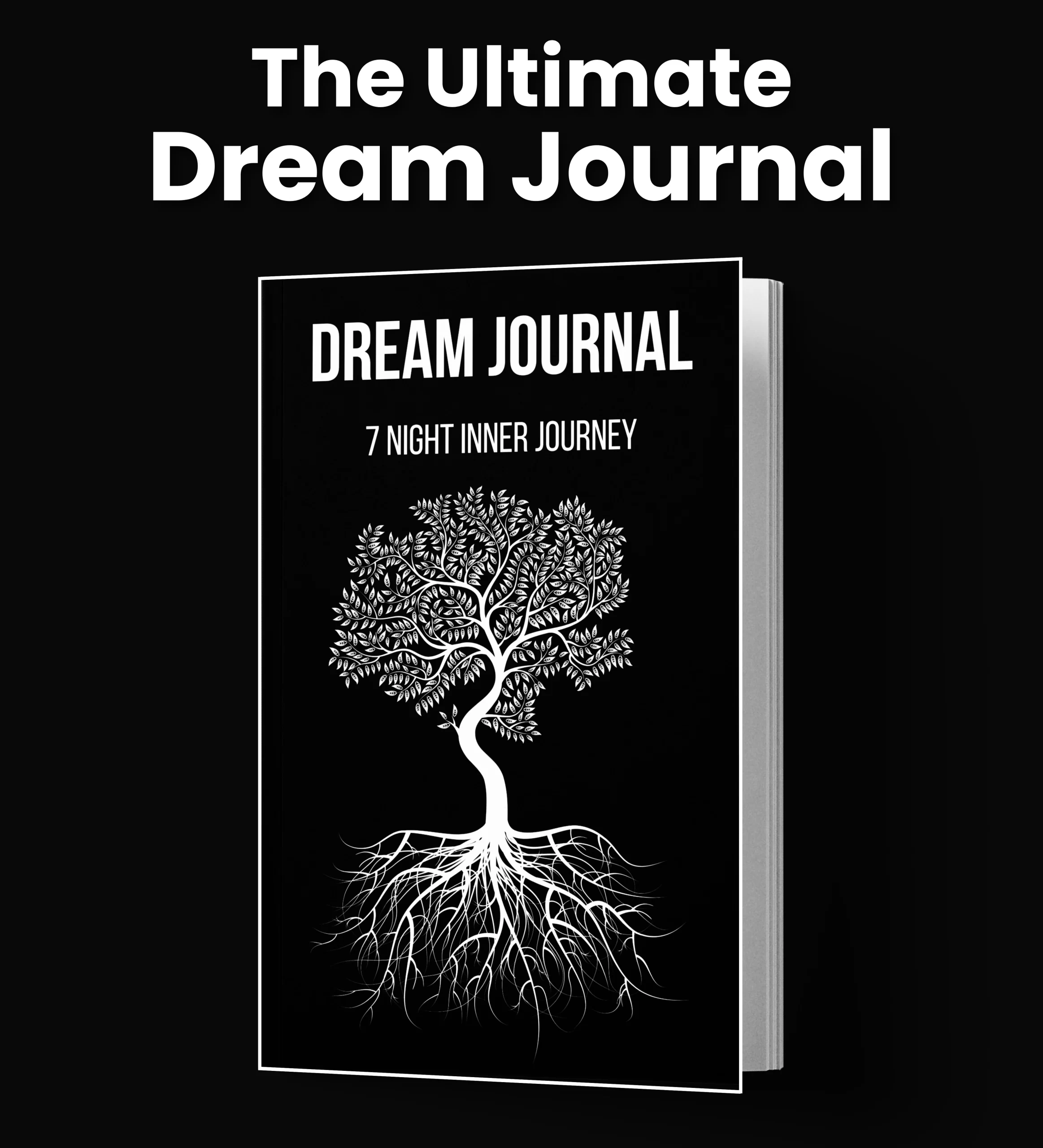We spend a vast portion of our existence in a sleep state, dreaming, governed by our unconscious. The unconscious mind, a vast and enigmatic realm, harbors secrets that can profoundly shape our waking lives. Dark dreams, characterized by unsettling images and disturbing scenarios, offer a glimpse into these hidden depths. Research has linked certain personality traits to the frequency and content of these unsettling nocturnal journeys, shedding light on the enigmatic connection between the darkness within and the dreams we experience.
The Dark Tetrad and the Unconscious Mind
The Dark Tetrad, a quartet of personality traits comprising narcissism, psychopathy, Machiavellianism, and sadism, has been associated with an increased prevalence of dark dreams. Individuals with high scores on these traits tend to exhibit a callous disregard for others, a lack of empathy, and a manipulative nature. Studies suggest that the subconscious mind of such individuals may be rife with unsettling thoughts and impulses that manifest in their dreams.
The narcissistic tendency to inflate one’s self-importance and seek constant admiration can lead to grand and grandiose dreams, marked by exaggerated power and control. Psychopathic traits, such as a lack of remorse and empathy, may result in dreams involving violence, aggression, or manipulation. Machiavellianism, characterized by cunning and a willingness to deceive, can manifest in dreams that feature strategic planning and manipulation of others.
The Link Between Dark Traits and Dream Themes
Research has identified specific dream themes that appear more frequently in individuals with high Dark Tetrad traits. These themes include:
- Violence and aggression: Individuals with high levels of psychopathy and sadism often report dreams involving physical harm, violence, or bloodshed.
- Power and control: Dreams of dominating or controlling others are common in those with narcissistic and Machiavellian traits.
- Manipulation and deception: Individuals with high scores on Machiavellianism may experience dreams that involve manipulating or deceiving others for personal gain.
- Moral transgressions: Dreams involving breaking social norms or engaging in unethical behavior may be more prevalent in those with high levels of Dark Tetrad traits.
- Negative self-image: Individuals with high narcissism may also experience dreams that reflect a negative or fragile self-image, revealing the underlying insecurity beneath their grandiose facade.
Psychological Interpretations of Dark Dreams
From a psychological perspective, dark dreams can be interpreted as manifestations of unresolved conflicts, repressed emotions, and unconscious desires. The unsettling images and scenarios they present may serve as a symbolic representation of inner struggles and anxieties.
According to Jungian psychology, dark dreams can symbolize the shadow, a repressed part of the personality that contains primitive instincts and impulses. By confronting the shadow through dreams, individuals can gain a deeper understanding of their inner selves and integrate these repressed aspects into their conscious awareness.
From a Freudian perspective, dark dreams may represent suppressed sexual or aggressive impulses that cannot be expressed in waking life. The dream world provides a safe haven for these forbidden desires to find expression, albeit in a disguised and distorted form.
Dark dreams offer a window into the depths of the unconscious mind, revealing the hidden aspects of personality that may influence our waking lives. The link between Dark Tetrad traits and dream themes provides valuable insights into the complex interplay between personality and the subconscious realm. By unraveling the secrets of dark dreams, we can gain a deeper understanding of ourselves and the hidden forces that shape our experiences.


